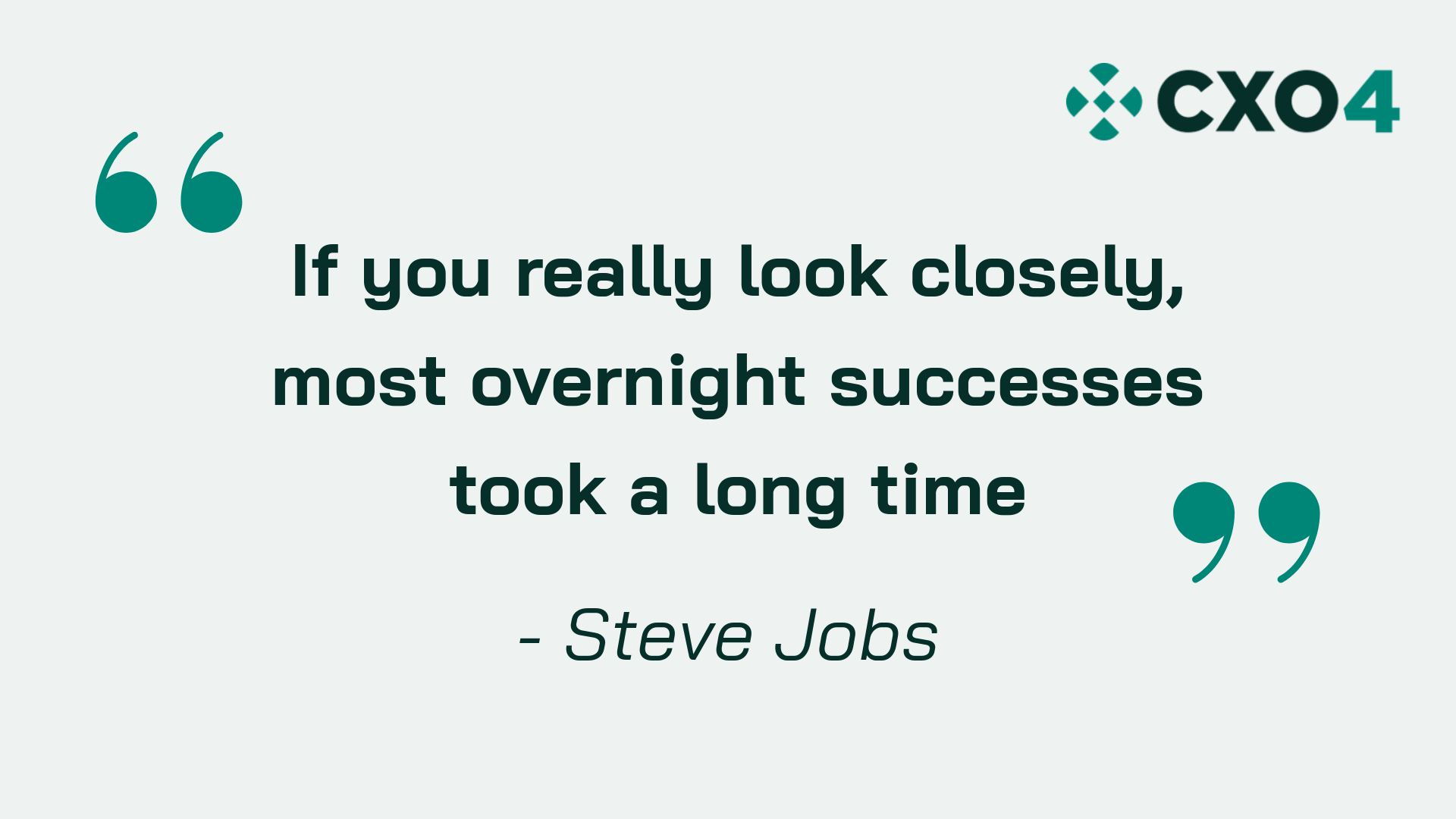
In my previous post, “Forgiving Yourself After Failure,” I wrote about how Federer’s journey highlights the hard work behind apparent ease. In today’s post, I’m diving deeper into his speech at Dartmouth to debunk the myth of effortless success and show how it applies to both business and personal growth.
The Illusion of Effortlessness
Roger Federer once shared that his seemingly effortless tennis play was the result of countless hours of practice. His rigorous training, unseen by the public, created the illusion of effortless performance during matches. “I had to work very hard to make it look easy”, Federer explained.
This aligns with my own experiences: people often applaud polished outcomes—successful projects or smooth presentations—without seeing the hard work behind them. Very often, the late nights, struggles, planning, and years of effort that make these results possible, are missed. There is recognition of the success but not the effort it took to get there.
The Quick-Fix Mentality
Many people today, especially younger generations, are drawn to the idea of quick success. In my conversations with university students, I’ve found a split in their views: some understand that reaching their goals requires hard work and perseverance, while others are influenced by social media’s portrayal of rapid achievements and this illusion of “effortless”. I’ve seen the same gap in understanding in professional settings, where people often seek fast results without putting in the necessary effort.
This takes me back to an important moment early in my IBM career. I was performing well and ready for a promotion when my boss left and a new one took over. When I told the new boss I had demonstrated my skills and I “deserved” the recognition with a promotion, he brought me quickly down to earth and said, “I don’t know you, so you haven’t demonstrated anything.” It was a tough lesson, but I realized that you need to perform every day and get better every day.
Growth requires ongoing learning and skill development, and without it, progress can stall. That’s why I always remind my teams that true success comes from consistent, sustained effort—not shortcuts. Additionally, there are quantum leap stages in life, career or sports that require different skills, new skills to develop. Recognizing that what got you to where you are now will not be enough to move forward is a critical success factor.
Discipline: A Learned Skill
In tennis, leadership, and life, discipline is a talent—so is patience and self-trust. Embracing and loving the process is a skill, as is managing yourself and your life. Few – if any – are born with these abilities; most of us have to work hard to develop them.
For years, I’ve used a system to stay organized and focused. Each year, I set clear objectives, break them down into quarterly, monthly, and weekly tasks, and review my progress every Friday. This approach helps me avoid procrastination and stay on track. As a leader, I find that guiding my team with clear direction and a solid management system helps them develop their own discipline and consistency.
Conclusion
Roger Federer reminds us that real achievement comes from hard work, resilience, and discipline. As leaders, we must embrace this mindset, building a culture where effort is valued and success is earned. It’s essential that our teams recognize that the journey is as important as the destination. Let’s follow Federer’s example and celebrate the journey of continuous effort and dedication as much as we reward the results. As Federer puts it, “Winning effortlessly is the ultimate achievement.”